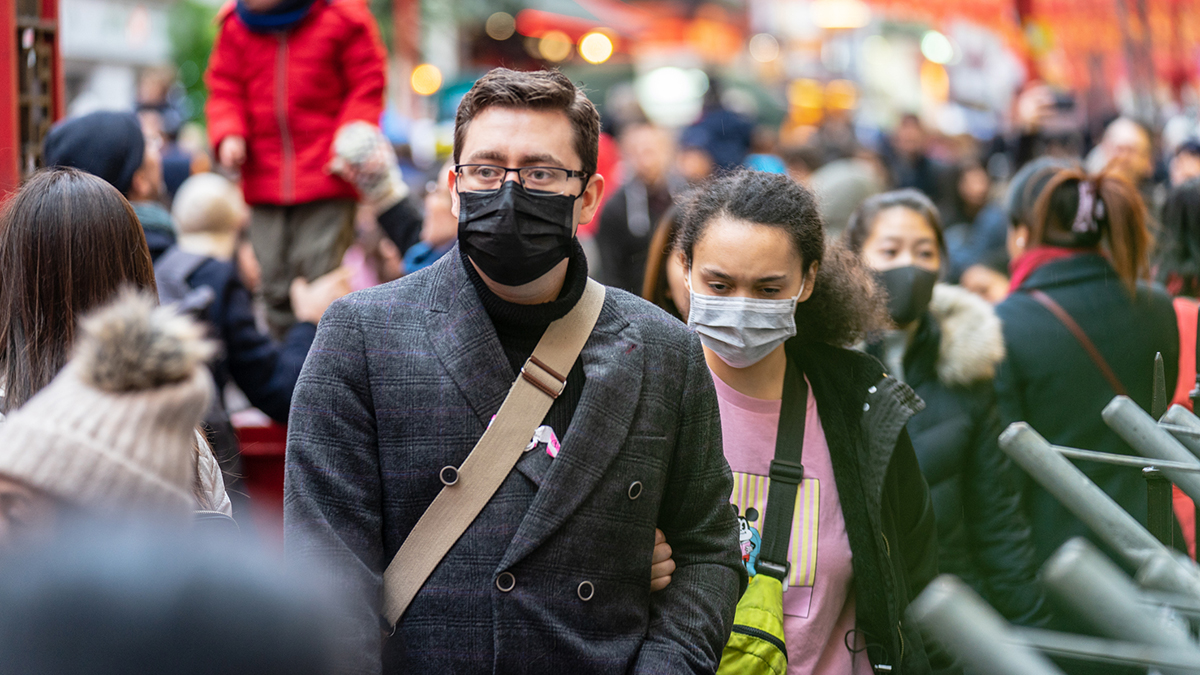UK cues up more Pfizer/BioNTech vaccines as price row looms

The UK government has started ordering COVID-19 vaccines for a 2022 booster campaign, including a 32 million-dose order for the Pfizer/BioNTech shot, even before third doses for 2021 have been given the go-ahead.
A report in The Times claims that the government is paying £22 a dose – up from an earlier price of £18 – for the Pfizer/BioNTech vaccine as part of a £1 billion deal for additional supplies, which is needed because existing stocks will be depleted next year.
The report, which has been neither confirmed or denied by the government, has raised eyebrows as the UK has yet to confirm that it will move ahead with a booster campaign this year, let alone in 2022. However, Health Secretary Sajid Javid said this week he expects third doses to be delivered to some people from next month.
It has been suggested that the UK is keen not to be left struggling to access vaccines after the EU placed a 900 million-dose order with Pfizer, with an option to double that if necessary, and the US ordered another 200 million doses of the shot for a booster campaign just three weeks ago.
The AstraZeneca shot has been the mainstay of the UK vaccination and is provided at cost – just £2 per dose – although the drugmaker said last month that it was making a loss on sales due to high R&D costs. The Johnson & Johnson vaccine is also supplied on a no-profit basis.
While it might be expected that the AZ jab would feature in booster campaigns, some studies indicate that giving a different vaccine as the third dose may be more effective at reinvigorating immune responses.
In June, the UK's Joint Committee on Vaccination and Immunisation (JCVI) recommended that the NHS start a COVID-19 booster shot programme to run alongside the annual flu vaccine drive.
The programme should run in two stages, initially targeting elderly and vulnerable people and frontline health and social care workers like the initial vaccination push, and then be expanded to include all adults aged 50 and over, plus younger, at-risk people who qualify for a flu shot.
Pricing slammed
The prices charged by Pfizer/BioNTech and Moderna for their vaccines have been slammed by the People's Vaccine Alliance, which claims to companies have charged governments as much as $41 billion above the estimated cost of production – even before the latest price hikes.
The consortium of non-governmental organisations (NGOs) – which includes Oxfam, the African Alliance and UNAIDS – has accused the drugmakers of "holding the world to ransom at a time of unprecedented global crisis [in] perhaps one of the most lethal cases of profiteering in history."
For its part, Pfizer has insisted it is sticking to a tiered pricing policy for its vaccine, "based on factors including volume and delivery dates, which ensures agreements are bespoke to the needs of each vaccination programme we support."
The decision by an increasing number of wealthy nations to start booster campaigns while large tracts of the global population remain unvaccinated for COVID-19 is another thorny topic. The UK has now fully vaccinated 75% if its adult population.
This week, Oxford Vaccine Group head Prof Sir Andrew Pollard told MPs that current supplies should be donated to poorer countries before being given as booster jabs, as there is no sign yet that protection is starting to wane.
It would be a "moral failure" for people in the UK to have three jabs before others in less affluent countries have yet to receive one.
EMA examining new side effect with mRNA vaccines
Meanwhile, the EU regulator has said it is looking into whether the Pfizer/BioNTech and Moderna vaccine – both based on mRNA – may be linked to three new side effects.
The EMA said yesterday it is studying a small number of cases of erythema multiforme, a type of allergic skin reaction, as well as kidney disorders glomerulonephritis and nephrotic syndrome. It did not reveal how many cases of each disorder had been identified.












